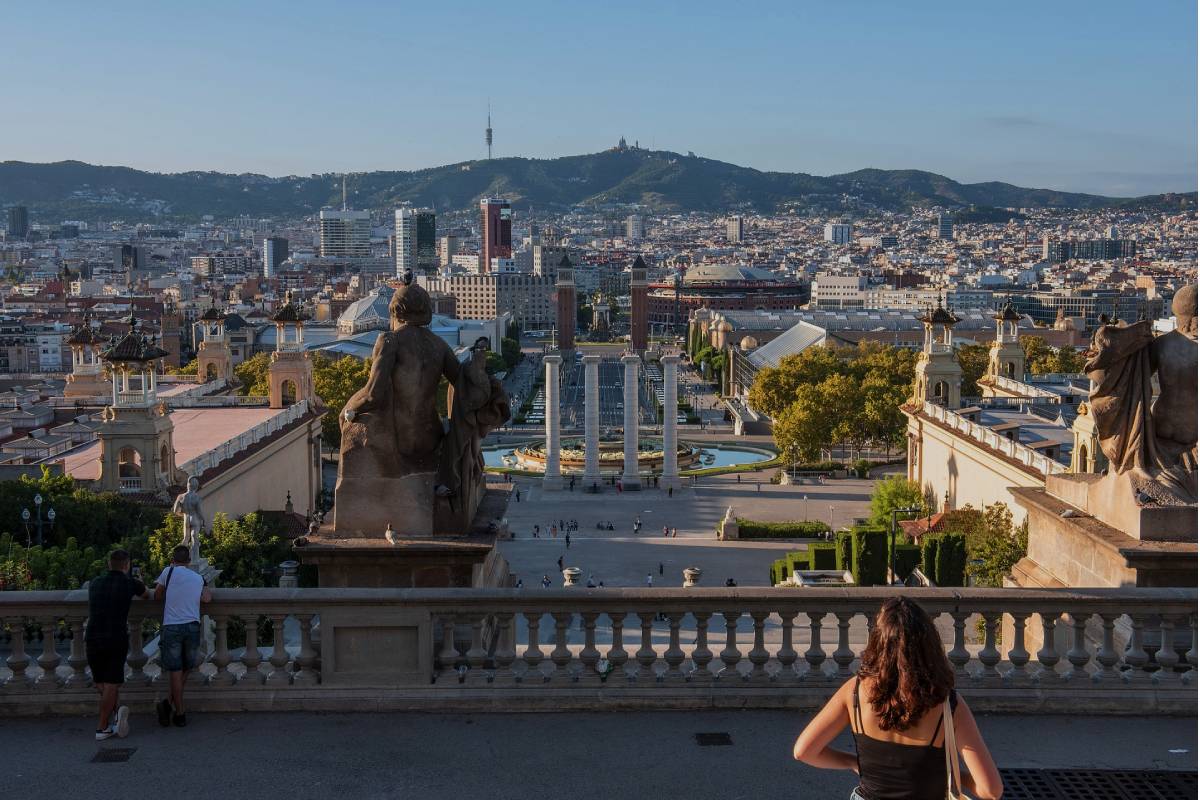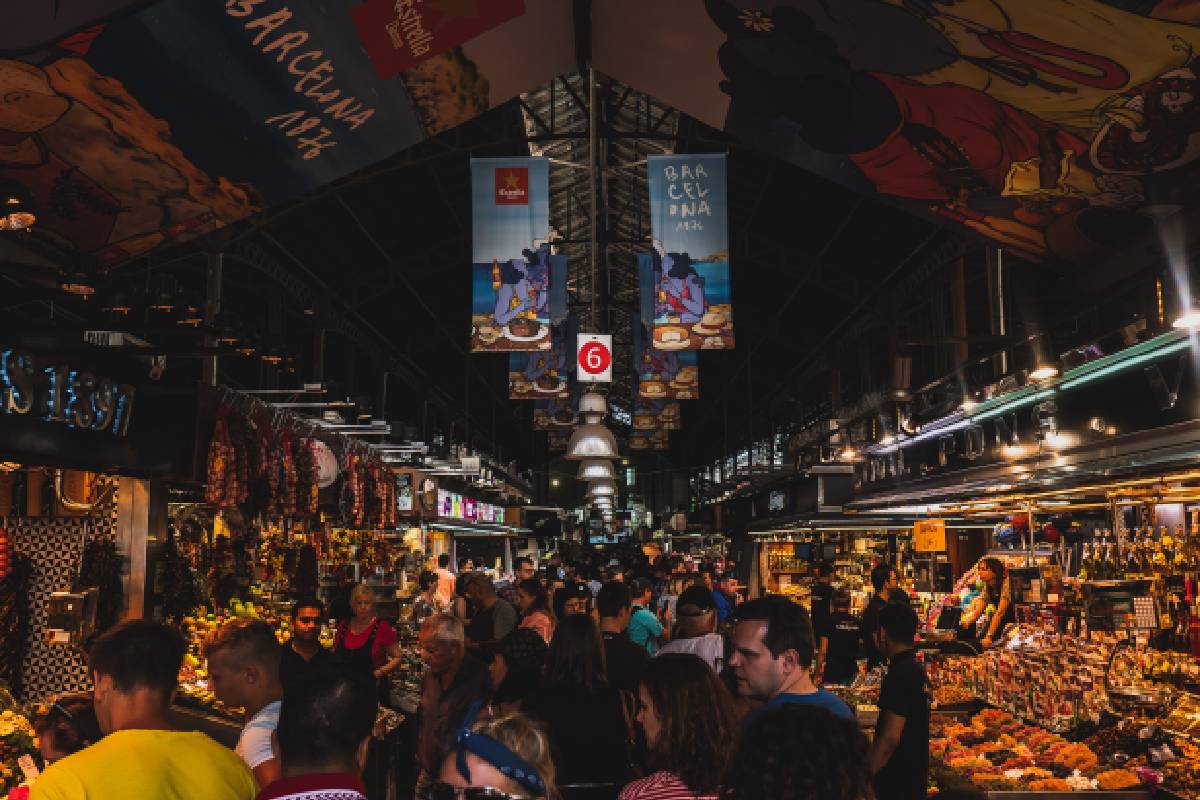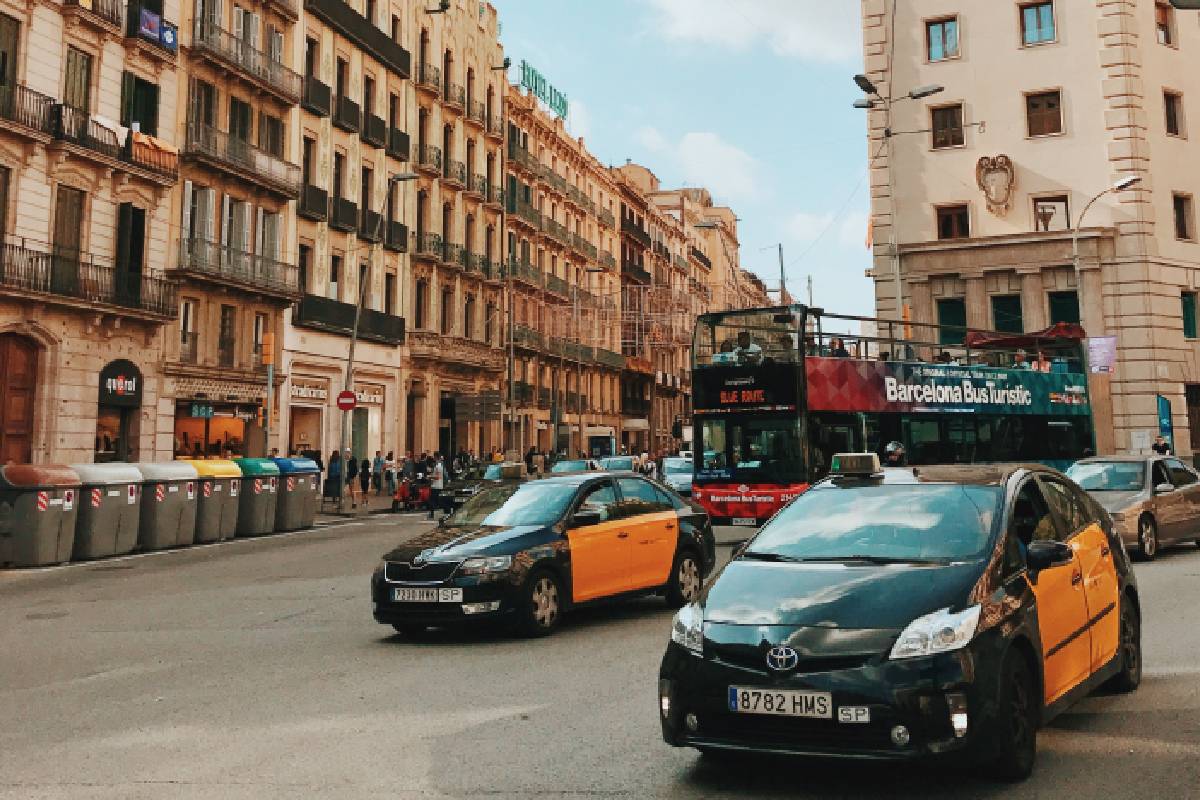The search for tourism quality


Mónica López
Program Director at WebHelp

Gerard Beltri
Senior Analyst at JLL

Ignasi Puig
Operations Supervisor at Sonder
It is key to establish an organized and personalized strategy for quality tourism
Barcelona is known worldwide as a magnet for tourists. Its reputation has to be earned, however, and competition is increasing every day. In a world in which anyone with access to the internet can generate content to promote their city, we need to ask ourselves several questions: What do we need to do maintain our reputation? How can we stand out from our competition? And how does tourism impact residents of Barcelona?
The key to success is to improve continuously by offering outstanding experiences to all the different kinds of tourist who are keen to discover the city. In addition to the extraordinary history, art, and architecture that makes this city unique, we are lucky enough to have iconic hotels like the Grand Central Hotel, internationally recognized festivals like the El Cruïlla, and contemporary modern art museums like the MOCO.
Every day, there is more on offer in Barcelona for tourists, but there is a great deal of competition between cities in Europe and around the world, so do we have a clear strategy?
The first step should be segmented, orderly and personalized tourism. We need a solid strategy with all those involved in tourism accompanying tourists from the moment they land until they say goodbye to Barcelona after an outstanding visit.
Our goal must be to achieve tourist excellence and it is therefore essential that everything works: from first-class transport, to the right accommodation, and personalized activities.
Let's unroll the key elements to establish tourism of quality.

Tourism, the machinery of the global economy
It should be remembered that the tourism sector belongs to the global economy and that it needs to be managed. We live in times in highly dynamic times in which it is necessary to make rapid changes.
It is necessary to constantly analyze the needs, capabilities, and synergies amongst everyone involved in order to ensure that everything is working as efficiently as possible and is ready for the future. This is the only way to achieve a balanced and sustainable system over time.
Good tourism management must do more than analyze and attempt to attract the desired tourist profile or generate and maintain what it believes the tourist wants; it must also constantly analyze, plan and bear in mind the impact of tourism on Barcelona and its inhabitants.
Tourism, gateway for talent
It should be remembered that, in spite of a campaign against tourism, many of those who today make Barcelona a pioneering location for research, technology and entrepreneurship visited the city as tourists. Despite all that remains to be improved through optimized management, their visits as tourists were what caused them to decide to continue their professional careers in Barcelona. It is difficult to imagine living and developing in a place one has not visited first.
So a city’s dependence on tourism is by no means negative in a world in which large cities are constantly seeking to attract companies, talent, and innovation. Traveling is in a way discovering places, cultures and atmospheres, and our attractiveness as a tourist destination is what shows us off to the world.
This is why we should not worry so much about our dependence on the sector in terms of direct percentage of the GDP or fear that tourism will decline and leave us exposed. We need to focus on the potential it offers for developing the rest of our industries. We need to avoid confrontations and focus on finding solutions; we need to find synergies that result in a genuine industrial revolution.
We should take advantage of all that we have already achieved, seize the opportunities to grow, and reconstruct our past identity. But we also need to imagine the tourism of the future, which needs to be sustainable and enriching, in the same way as in other leading industries. Despite often being forgotten, opportunity costs can be very high.
Barcelona, more than tourism
This commitment to quality tourism also involves having good infrastructures. Decisions need to be agreed after thorough research, a key element that was forgotten in the debate on the expansion of El Prat Airport.
Another of the major challenges is the congestion of the city center. Residents of the Eixample have to cope with thousands of tourists wishing to discover the modernist heritage every day, and those living in the Ciutat Vella have to share it with those exploring the city’s origins. In order to decentralize tourism in Barcelona, the neighborhoods furthest from the center also need to attract tourists. The creation of new tourism proposals will be key in this process.
The tourist buses can do much to move large numbers of tourists from the most central area, bringing tourists to parts of the city that are less well-known but equally attractive. In the words of Jose Adell, CEO of the Julià Group, “Plaza Cataluña is the starting point for 40% of passengers.” Therefore, plans to limit these routes and essential stops may prove to be counterproductive.
A common strategy agreed on by tourism-oriented industries and citizens is needed in order to achieve the tourism quality that Barcelona demands.

If you want to know the latest English news about Barcelona and the people who bring it to life, sign up to our Blog.







